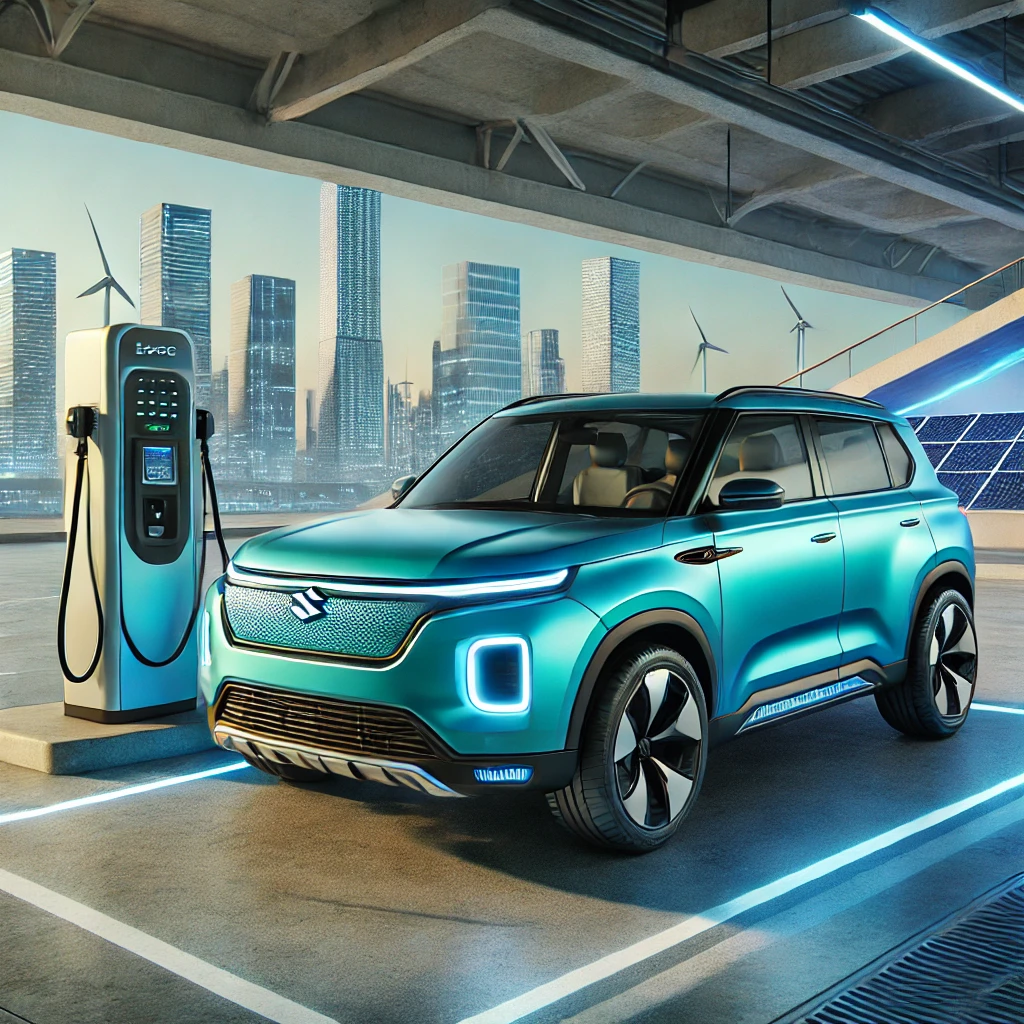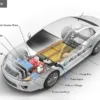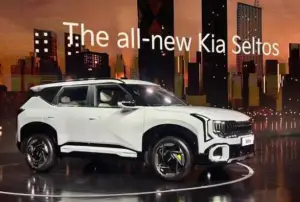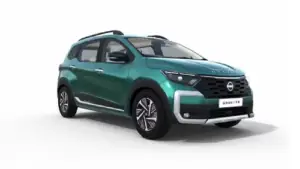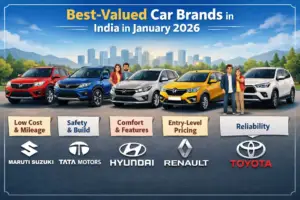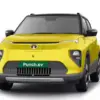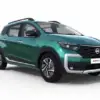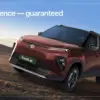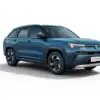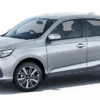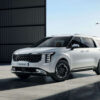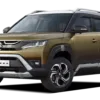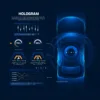Maruti Suzuki, a household name in India, has long been known for its affordability, fuel efficiency, and widespread service network. However, recent Global NCAP safety ratings of several Maruti models have sparked considerable discussion. Let’s delve into the safety scores of popular Maruti cars and understand their features, safety norms, and overall performance in crash tests.
Why Are Global NCAP Safety Ratings Important?
Global NCAP (New Car Assessment Program) evaluates the crashworthiness of vehicles by conducting rigorous crash tests. These tests focus on:
- Adult Occupant Protection
- Child Occupant Protection
- Structural Integrity
For Indian buyers, these ratings are a crucial factor when choosing a safe vehicle for their families.
Top Maruti Cars: Safety Ratings and Features
1. Maruti Suzuki Alto K10
- Safety Rating: 2 Stars (Global NCAP)
- Key Features:
- Dual front airbags
- ABS with EBD
- Speed alert system
- Reverse parking sensors
- Performance: Despite its entry-level pricing, the Alto K10’s structure was deemed unstable in crash tests.
2. Maruti Suzuki WagonR
- Safety Rating: 1 Star (Global NCAP)
- Key Features:
- Dual front airbags
- Hill-hold assist (AMT variants)
- High-speed alert system
- Rear parking sensors
- Performance: The WagonR’s structural integrity raised concerns, but its features are in line with government norms.
3. Maruti Suzuki Baleno
- Safety Rating: 3 Stars (Global NCAP)
- Key Features:
- Dual front airbags
- ABS with EBD
- ESP with Hill Hold Assist
- ISOFIX child seat anchors
- Performance: A stronger structure and additional safety features helped the Baleno achieve a higher rating.
4. Maruti Suzuki Vitara Brezza
- Safety Rating: 4 Stars (Global NCAP)
- Key Features:
- Dual front airbags
- ABS with EBD
- Reverse parking camera
- ISOFIX child seat anchors
- Performance: Known for its robust build, the Brezza has set a benchmark in Maruti’s lineup for safety.
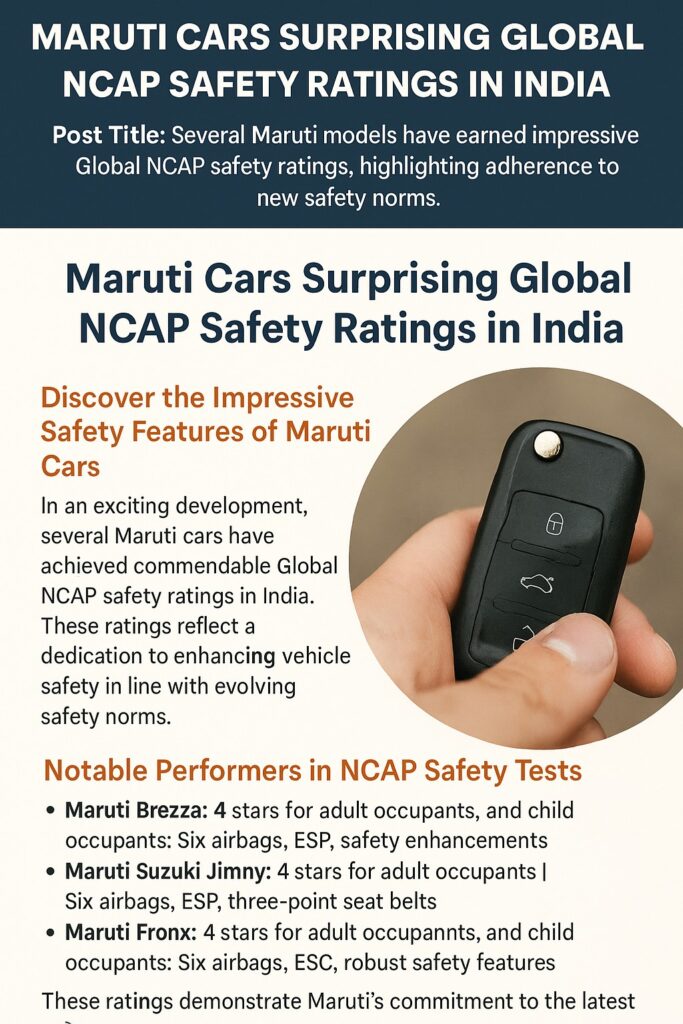
Transitioning to Safer Cars: Maruti’s Roadmap
Maruti Suzuki has announced initiatives to improve the safety standards of its vehicles. By incorporating advanced safety technologies and aligning with Bharat NCAP norms, the brand aims to enhance crashworthiness across its portfolio.
Key Safety Norms for Indian Cars:
- Mandatory Dual Airbags: All cars must feature at least two airbags.
- ABS with EBD: Anti-lock braking systems are now standard.
- Reverse Parking Sensors: A necessity for enhanced visibility.
- High-Speed Alerts: Alerts to ensure safe driving practices.
Conclusion: Are Maruti Cars Safe?
While models like the Brezza and Baleno showcase promising safety credentials, entry-level models such as the Alto K10 and WagonR fall short. Indian buyers are encouraged to consider Global NCAP ratings while making purchase decisions, prioritizing safety alongside affordability.

